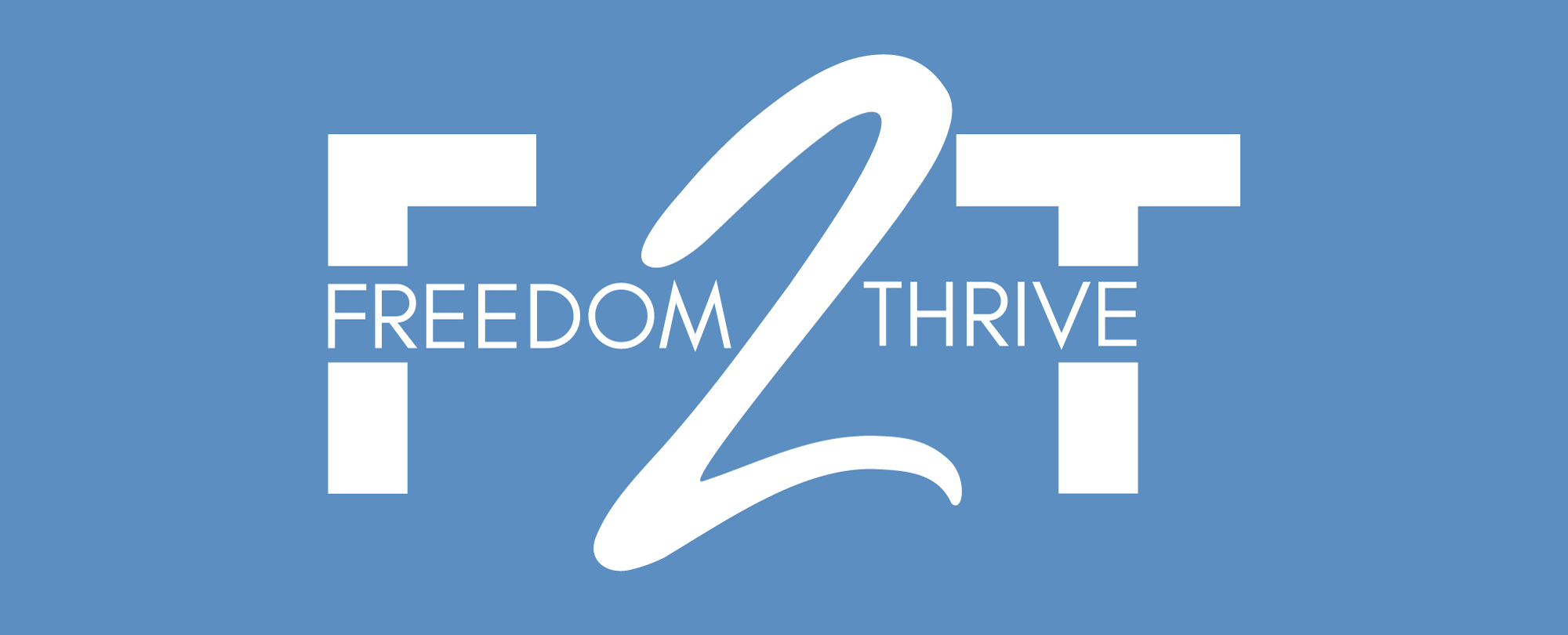
In our pursuit of progress, it is imperative to reimagine the concept of inclusion, particularly in the construction of new communities. True inclusion transcends the elimination of physical barriers; it demands a mindset that actively welcomes and supports individuals of all abilities. This is especially significant when considering the needs of disabled residents, who often confront challenges in fully engaging in community life. In this exploration, we assess the existing guidelines for inclusion and envision a future where inclusivity is not just a standard but an integral part of the fabric of our communities.
Understanding True Inclusion:
True inclusion is more than a checklist of accessible features; it signifies embracing diversity in its entirety. It involves recognising and valuing each person’s unique contributions to the community, regardless of their physical or cognitive abilities. To attain this, we must shift our focus from mere accessibility to a holistic approach that considers the diverse needs of all residents.
Designing Inclusive Spaces:
Architects and urban planners should prioritise universal design principles when conceptualising new towns. This entails creating spaces that are not just accessible but are functional and considerate of everyone’s unique abilities. Pavements with ramps, accessible public transportation, and buildings with features such as automatic doors and tactile signage are crucial aspects of a truly inclusive environment.
Moreover, green spaces, communal areas, and recreational facilities should be designed to cater to individuals with diverse abilities. Parks equipped with accessible playgrounds and sports facilities can foster social interaction and physical activity, promoting a sense of belonging for all residents.
Inclusive Housing:
All houses, irrespective of their residents’ abilities, should be constructed with disability in mind—it should not be an afterthought. Adaptable housing designs that can easily be modified to accommodate different accessibility requirements must be integral to new communities. By seamlessly integrating affordable and accessible housing options, we prevent segregation and encourage social integration within the community.
Accessible Education and Employment Opportunities:
Inclusive communities prioritise education and employment opportunities for disabled individuals. Schools and workplaces should be designed to accommodate diverse learning and working styles. Incorporating assistive technologies, implementing flexible work arrangements, and embracing inclusive hiring practices contribute to an environment that values and supports the abilities of all residents.
Community Engagement:
True inclusion necessitates active participation from every community member. This entails creating platforms for open dialogue, involving disabled residents in decision-making processes, and fostering a culture of acceptance. Awareness campaigns, educational initiatives, and community events celebrating diversity can further strengthen the bonds within the community.
Freedom 2 Thrive:
Freedom 2 Thrive embodies the commitment to building new towns that prioritise true inclusion, ensuring that disability considerations are woven into the fabric of every aspect, from housing to education and beyond. It is not merely about breaking down physical barriers but about embracing the unique strengths and perspectives that each resident, including those with disabilities, contributes to the community. True inclusion is not just an aspiration; it is the guiding principle towards a more equitable and harmonious society where everyone can thrive.
True inclusion is not just an aspiration; it is the guiding principle towards a more equitable and harmonious society where everyone can thrive.
Our Vision for Inclusion
While current guidelines lay a foundation for inclusivity, our vision transcends compliance and legal frameworks. We aspire to create a society where inclusion is not a checkbox but a way of life—a culture that actively seeks to understand, celebrate, and accommodate diversity.
Holistic Accessibility
Our vision extends beyond physical accessibility to encompass a holistic approach. Inclusive design should not only eliminate barriers but proactively consider the diverse needs of individuals, including those with varying abilities, ensuring that every aspect of public and private spaces caters to everyone.
Cultural Competence
True inclusion embraces cultural competence, going beyond tolerance to foster genuine understanding and appreciation for diverse perspectives. In our vision, communities actively engage in cross-cultural dialogue, breaking down stereotypes and building bridges of understanding.
Educational Empowerment
Our vision for inclusive education goes beyond mere integration; it strives to empower every learner. Curricula should reflect diverse voices, and teaching methods should cater to varied learning styles, ensuring that education is a transformative and inclusive experience for all.
Equal Opportunities in the Workplace
The future of inclusion envisions workplaces that promote diversity and actively dismantle systemic barriers. In our vision, professional environments provide equal opportunities for career advancement, regardless of background, and accommodate the unique needs of every employee.
Community Collaboration
In our inclusive vision, communities are active collaborators in shaping their destiny. Decision-making processes involve diverse voices, ensuring that policies and initiatives reflect the needs and aspirations of the entire community.
As we navigate the current landscape of inclusion guidelines, it is imperative to acknowledge progress while aspiring for more. Our vision encompasses a society where inclusion is not a set of rules to follow but a collective commitment to embracing diversity, fostering understanding, and ensuring that every individual has the opportunity to thrive.
By continually challenging and expanding our current guidelines, we move closer to a future where inclusion is not an obligation but an inherent and celebrated part of our societal ethos.

Recent Comments